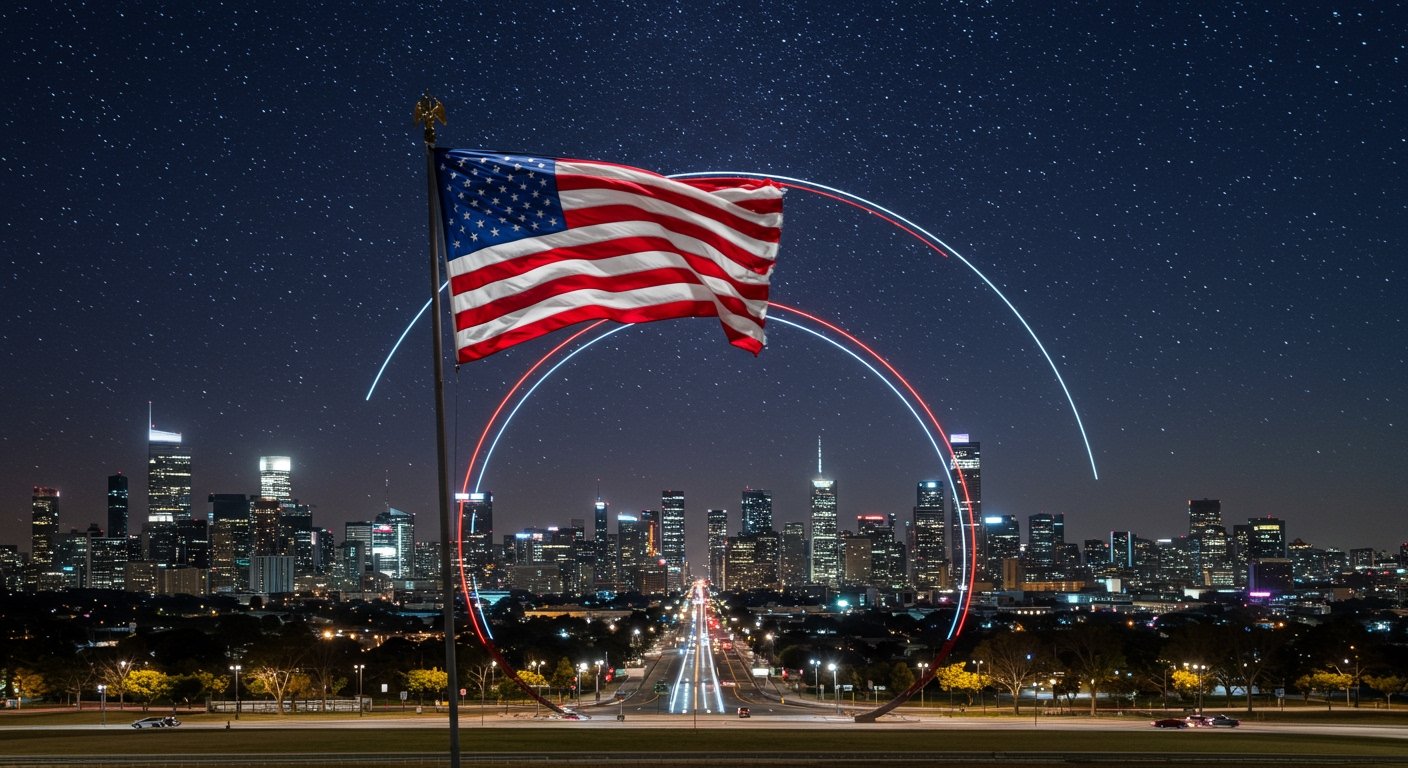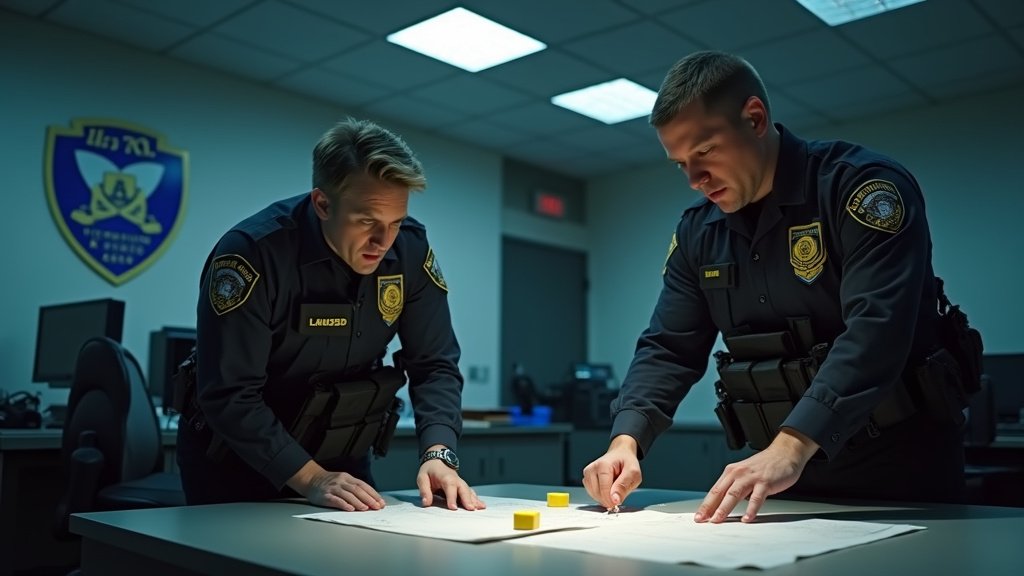A federal appeals court has ruled that President Donald Trump may maintain control over thousands of National Guard troops deployed in Los Angeles, dealing a significant setback to California Governor Gavin Newsom’s legal challenge.
The unanimous decision, issued late Thursday, June 19, 2025, by a three-judge panel of the Ninth Circuit Court of Appeals, stays a lower court order that had directed the Trump administration to return control of the forces to state authorities. The ruling underscores the complex legal landscape surrounding the President’s authority to federalize state military forces.
The Core Dispute
The dispute arose following the deployment of approximately 4,000 National Guard troops and 700 active-duty U.S. Marines to Los Angeles. This deployment occurred after protests erupted in the city in early June, triggered by Immigration and Customs Enforcement (ICE) agents conducting raids.
Governor Newsom, a Democrat, quickly challenged the federalization of the California National Guard members, arguing that the state should retain command and control over its militia forces. His lawsuit sought to compel the administration to relinquish control and effectively remove the soldiers from the streets of Los Angeles under federal authority.
U.S. District Judge Charles Breyer had earlier sided with Governor Newsom, issuing an order that would have transferred authority back to the state. The Trump administration swiftly appealed this decision to the Ninth Circuit.
The Ninth Circuit’s Reasoning
The three-judge panel at the Ninth Circuit reviewed the administration’s appeal and Governor Newsom’s arguments. The panel comprised Judges Mark Bennett and Eric Miller, both appointed by President Trump, and Judge Jennifer Sung, appointed by President Joe Biden. Despite the diverse appointing authorities, the panel’s ruling was unanimous.
The court found that President Trump’s order federalizing members of the California National Guard was likely legal under Title 10 of the U.S. Code. Title 10 pertains to the organization, composition, and training of the regular armed forces and the federalized National Guard. This finding is crucial because it suggests the federal government acted within its probable legal authority in deploying the troops under federal command, rather than the typical state command under Title 32.
However, the court also explicitly rejected a key argument from the Trump administration: that the President’s decision to federalize and deploy the Guard was entirely insulated from judicial review. The panel affirmed that while the President’s authority in this area is broad, it is not absolute and remains subject to legal scrutiny by the courts.
The decision to stay Judge Breyer’s lower court order means that, for now, federal control over the National Guard troops in Los Angeles remains in place while the legal battle continues.
Legal and Political Implications
The ruling is a significant, albeit potentially temporary, victory for President Trump and his administration. It allows the federal government to continue directing the operations of the deployed National Guard and U.S. Marines in Los Angeles, a situation Governor Newsom had sought to immediately end.
From a legal standpoint, the ruling provides further judicial interpretation of the President’s powers under Title 10 to use the National Guard domestically, a power typically invoked during national emergencies or when state authorities are unable or unwilling to enforce federal law.
The court’s finding that the action was “likely legal” under Title 10 is a key element of the stay. Appeals courts often consider the likelihood of success on the merits when deciding whether to block a lower court’s order. The panel’s assessment suggests the Trump administration has a strong legal argument supporting the legality of the federalization.
Politically, the case highlights the ongoing tension between the federal government and state authorities, particularly when they are controlled by opposing parties. Governor Newsom’s challenge underscored state leaders’ desire to maintain control over their National Guard forces, viewing them primarily as state assets.
What Lies Ahead
The Ninth Circuit’s decision does not resolve the case definitively. It merely reverses the lower court’s immediate order and allows the federal control to continue while the litigation proceeds.
The case will now likely return to U.S. District Judge Charles Breyer’s court for further proceedings, potentially including arguments for a permanent injunction or a full trial on the merits of Governor Newsom’s claims. Either party could also seek a review by the full Ninth Circuit or potentially appeal to the U.S. Supreme Court, especially given the significant federal-state power implications.
The duration of the National Guard and Marine deployment in Los Angeles remains uncertain, tied directly to the outcome of this ongoing legal and political contest. The Ninth Circuit’s ruling ensures that, for the foreseeable future, command rests with the federal government under President Trump’s direction.





